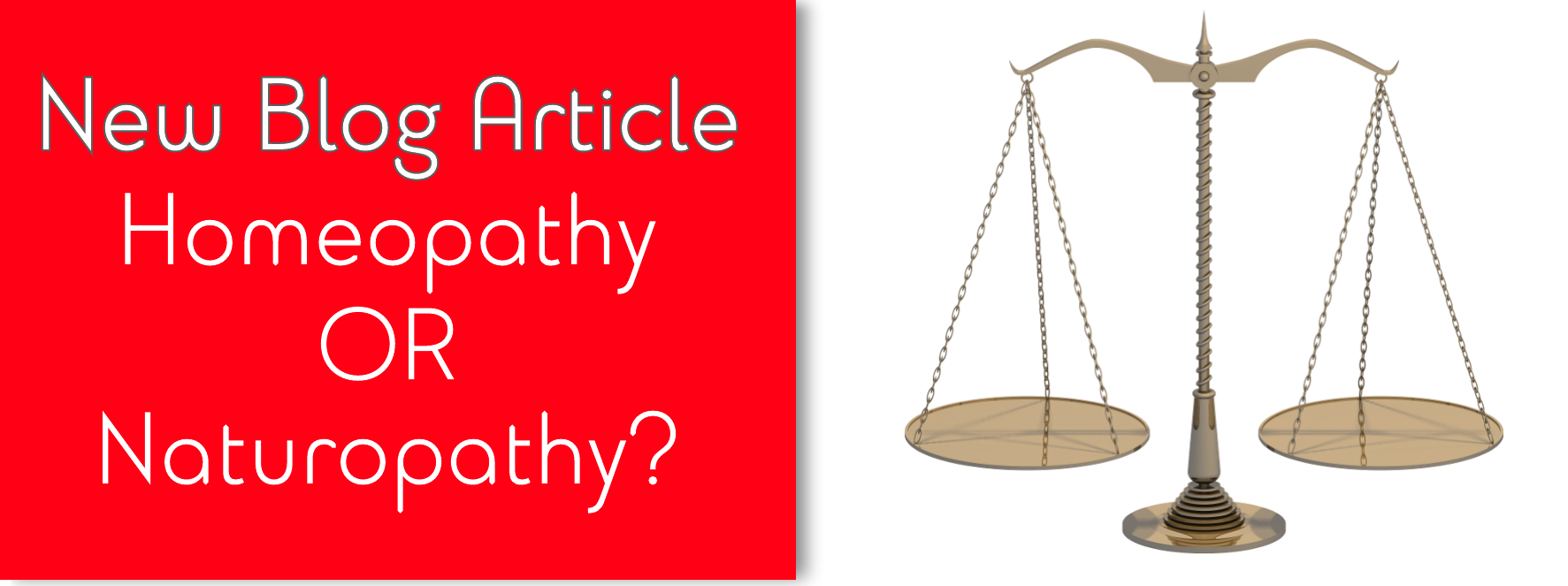Homeopathy and Naturopathy are often considered complementary to conventional medicine, focusing on holistic principles and natural remedies. This article aims to provide a comparative analysis of these two healing modalities, examining their underlying philosophies and approaches to patient care.

What is the Homeopathic Philosophy of Healing?
Homeopathy, founded by Samuel Hahnemann in the late 18th century, is based on the principles of "like cures like", the minimum dose (which relates to the first part of the Hippocratic oath – do no harm) and the concept of vital force, an innate regulatory system in all living beings. Hahnemann also stressed the importance of remaining unbiased and unprejudiced in seeking to understand the core issues of a patient, whilst ensuring that the totality of symptoms is considered. In other words, Homeopaths consider the whole person, particularly noting the more striking, singular and characteristic manifestations of disease (that are unique to each individual case).
According to homeopathic philosophy, symptoms are seen as manifestations of an underlying imbalance in the vital force or regulatory system within an individual. The primary goal of homeopathy is to stimulate the body's innate healing response to restore homeostasis (balance).
Homeopathic remedies are prepared using a process of potentization, where a medicinal substance is diluted and succussed (vigorous shaking). The principle of potentization suggests that as a substance undergoes the process of dynamized high dilutions (DHDs), its therapeutic properties become enhanced and its toxic properties are negated. The regulatory effects of Homeopathic remedies (DHDs) on biosystems has been illustrated in a variety of studies by Stephan Baumgartner, which can be found on PubMed. For example - Development of a test system for homeopathic preparations using impaired duckweed (Lemna gibba L.).
Homeopaths prescribe natural, non-toxic remedies based on the law of similars, meaning a substance that produces symptoms in a healthy person can be used to treat similar symptoms in a sick individual. An easy example to remember is Allium cepa (onion) for Hay fever or Apis mellifica (Bee venom) for insect stings. This concept is also utilised in Allopathic medicine - for example Ritalin (known chemically as Methylphenidate, a central nervous system stimulant) is used to treat ADHD (a hyperactivity disorder).
What is the Naturopathic Philosophy of Healing?
Naturopathy, which traces its roots back to ancient healing traditions, also emphasizes the body's inherent ability to heal itself. Naturopathic medicine encompasses a wide range of natural therapies, including nutrition, herbal medicine, physical medicine, and lifestyle counselling. The core principles of naturopathy include treating the whole person, addressing the underlying causes of illness, and promoting prevention.
Naturopaths aim to support and stimulate the body's self-healing mechanisms by removing obstacles to health and providing the necessary conditions for optimal well-being. They emphasize the importance of individualized treatment plans, focusing on addressing the root cause rather than merely suppressing symptoms. Naturopathy promotes a holistic approach, considering physical, mental, emotional, and environmental factors in patient care.
Naturopathy uses a variety of modalities to promote self-healing, including:
● A natural diet
● Fasting
● Herbal medicine
● Physical manipulation
● Hydrotherapy
● Therapy
● Acupuncture
● Homeopathy and Homotoxicology
Comparative Analysis
While both homeopathy and naturopathy share a holistic perspective, they differ in their approaches to healing. Homeopathy primarily employs highly diluted remedies to stimulate the vital force, while naturopathy encompasses various natural therapies to support the body's innate healing capacity. The following points highlight key aspects of comparison:
- Treatment Modalities:
Homeopathy utilizes DHDs (dynamized high dilutions) as remedies to initiate a regulatory response from the vital force, while naturopathy incorporates a broad spectrum of natural therapies such as nutrition, herbal medicine, hydrotherapy, and physical therapy. - Philosophy of Disease:
Homeopathy views illness as signs and symptoms of an imbalance in the vital force resulting from innate susceptibility. Treatment is aimed at bolstering vitality so that overall health is improved. Naturopathy focuses on identifying and removing the root causes of disease, including poor nutrition, stress, and environmental factors. - Individualization:
Homeopathy emphasizes individualized treatment plans based on the most characteristic symptoms, including aetiology (how it started), modalities (better or worse for), sensations and an overall understanding of who the person is (and how that has changed since onset of disease). Naturopathy also focuses on tailoring treatments to each patient's unique circumstances, considering their physical, mental, and emotional aspects. - Evidence Base:
Homeopathy has been subjected to biased assertions as to its scientific validity, despite high quality research supporting its efficacy. Naturopathy integrates evidence-based practices, drawing from both traditional wisdom and modern scientific research.
Naturopath or homeopath?
When considering homeopathy and naturopathy as alternative healing modalities, it is essential for potential patients to understand the underlying philosophies and approaches to patient care. While homeopathy relies on potentized remedies and the principle of similars, naturopathy employs a broad range of natural therapies to support the body's self-healing mechanisms. Making an informed decision involves considering individual needs, consulting with qualified practitioners, and critically evaluating the available scientific evidence.
